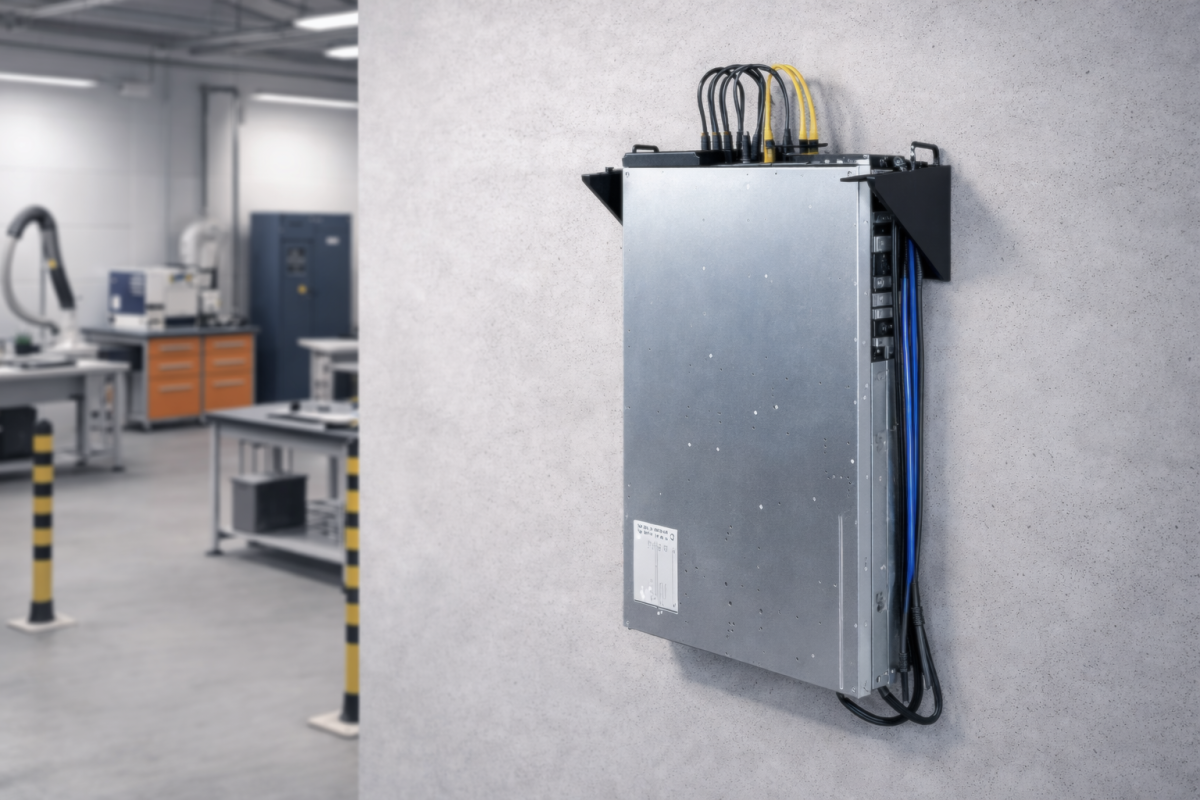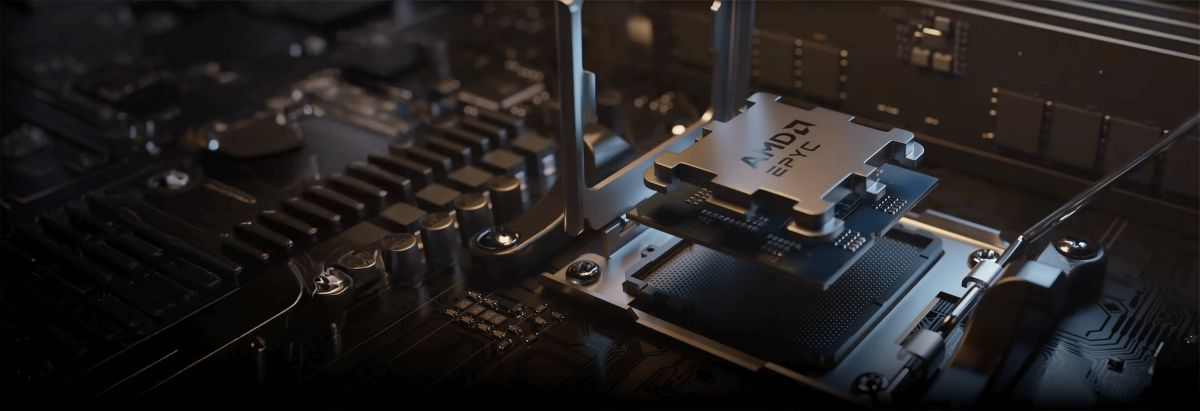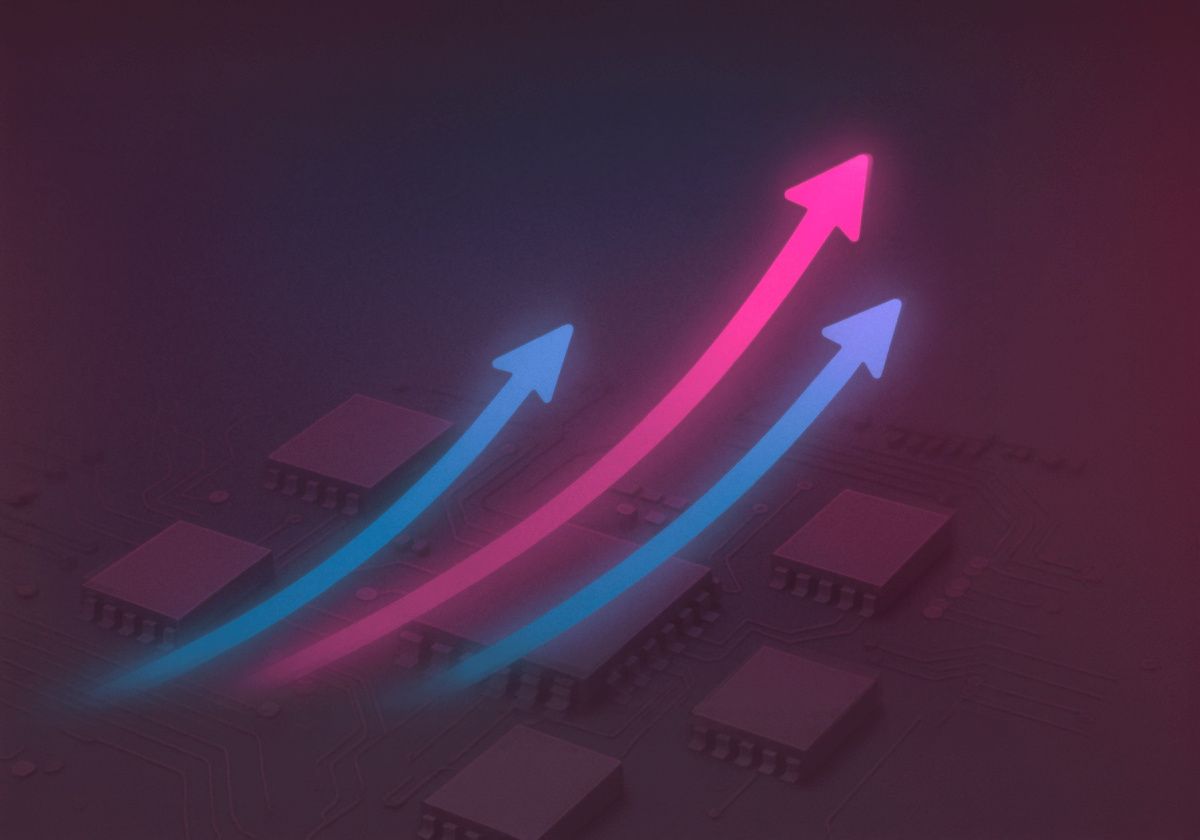- Server RAM characteristics
- Compatibility
- Other differences between server and regular RAM
- The impact of server RAM characteristics on computer compatibility
- Conclusion
Server RAM is a special type of memory designed to handle large data sets and high-performance apps. However, many users who plan to increase the performance level of their systems are faced with the following question: Is it possible to use server RAM in a regular computer?
Server RAM and regular RAM have a number of similar characteristics, but there are also differences. The main similarity is that both types of memory are required to temporarily store information used by the processor to perform important operations and tasks.
Server RAM characteristics
- Wider bandwidth;
- Larger memory capacity;
- Higher data transfer rate;
- The ability to process more data in a short time.
Compatibility
Unlike desktop RAM, server RAM usually has a different physical or electrical connection, which means it doesn't always fit the slots on a regular computer's motherboard.
You may also need certain skills when connecting server RAM to a regular computer. To ensure compatibility as well as the correct and efficient operation of the server RAM, you may need to perform a number of operations, for example, updating your computer's BIOS.
So we can say that using server RAM on a regular computer is possible under certain conditions:
- conducting some essential research,
- a detailed study of the characteristics of server RAM,
- checking compatibility with your computer.
Getting back to the differences between server DRAM and regular DRAM, it is worth noting their specifications. In addition to the improved performance and operating speed of server RAM, it also often includes a number of special features, such as ECC (Error-Correcting Code), designed to detect and correct errors.
Other differences between server and regular RAM
- Lifespan: Server RAM has a longer lifespan than regular RAM because it is designed for continuous and more active use.
- Technical Requirements: Since server RAM is responsible for processing significant amounts of information, it often requires advanced specifications.
- Cost: Server RAM is usually more expensive than regular RAM due to its improved quality and advanced features.
Server RAM, like regular RAM, usually has the same set of form factors, among which it is worth noting SODIMM (Small Outline Dual In-Line Memory Module) and DIMM (Dual In-Line Memory Module).
However, as mentioned earlier, physical compatibility does not always ensure successful use of server RAM on a regular computer. There are several reasons for this:
- The motherboard of a simple computer may not support server RAM;
- Using server RAM on a regular computer cannot guarantee a 100% increase in performance. The reason is that server RAM is needed for computationally intensive tasks that are rarely performed on regular computers.
The impact of server RAM characteristics on computer compatibility
The compatibility of server RAM with a regular computer is determined by a number of basic characteristics:
- Module type: When choosing the type of memory for your computer, it should be remembered that regular computers use Unbuffered (UDIMM) modules, while server RAM works with a different type of module – Registered (RDIMM) or Load Reduced (LRDIMM).
- Memory capacity: Server RAM typically offers more capacity than regular RAM, so before choosing, it's important to check whether your computer's motherboard is capable of supporting the increased amount of RAM.
- Operating frequency: Server RAM is faster than regular computer RAM. The RAM module will operate at a lower frequency or will not function at all if your computer does not support high-frequency operation.
- Latency: RAM runs faster when latency is reduced. However, if the latency value exceeds the motherboard's capabilities, the RAM module will not be 100% utilized by your computer.
Thus, we recommend that you study the characteristics of the server RAM in detail, and also check its compatibility with the components of your computer. If this is not done, incorrectly selected RAM may be the result of incorrect and inefficient operation of your device.
| Characteristic | Regular RAM | Server RAM |
| Module type | Unbuffered (UDIMM) | Registered (RDIMM) or Load Reduced (LRDIMM) |
| Memory capacity | Maximum capacity supported by the motherboard | Increased capacity |
| Operating frequency | Maximum frequency supported by the computer | Frequency supported by the server |
| Latency | Maximum latency value supported by the computer | Latency value supported by the server |
Conclusion
Thus, server RAM and regular RAM have a number of differences in technical characteristics: functionality, service life, cost, etc. In some situations, server RAM can function successfully on a regular computer if the important parameters match. To ensure compatibility, you should first study the supported types of RAM on your computer and then conduct a comparative analysis with the characteristics of the server RAM.
Choosing the right type of RAM depends on various factors. It is very important to take into account the basic requirements for RAM operation and the capabilities of your computer.
If you have difficulties during the selection process, you can always take advice from IT experts who will provide the most accurate information about server RAM and its compatibility with a regular computer.



